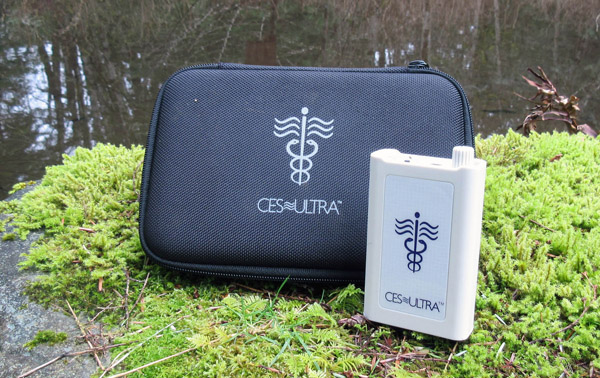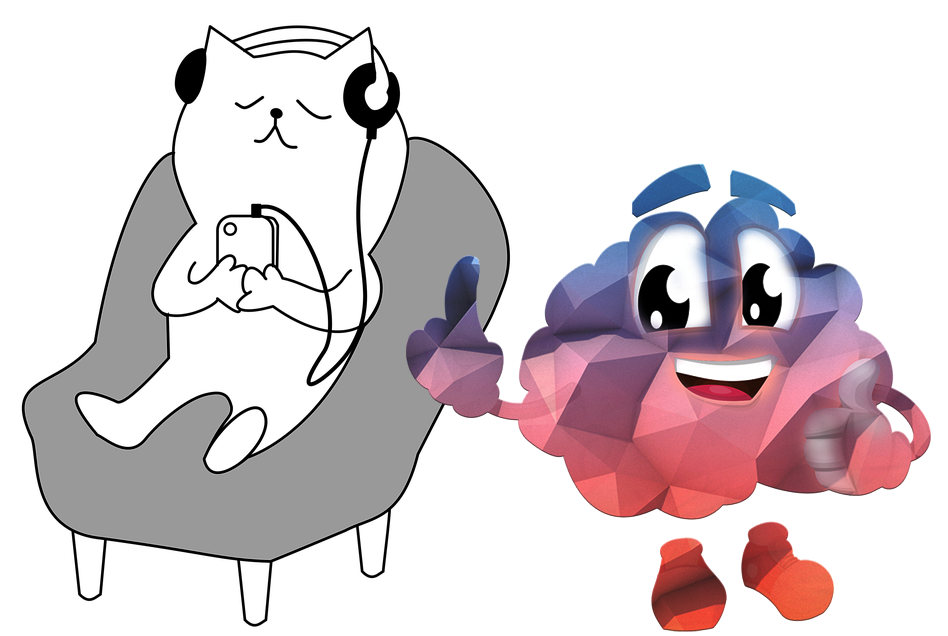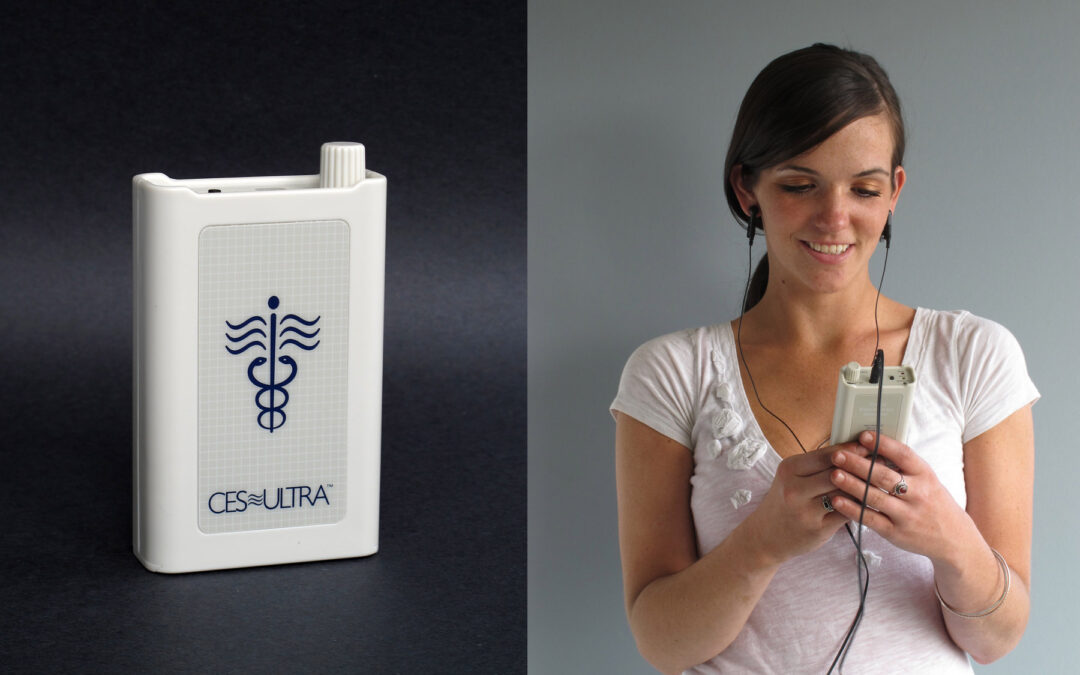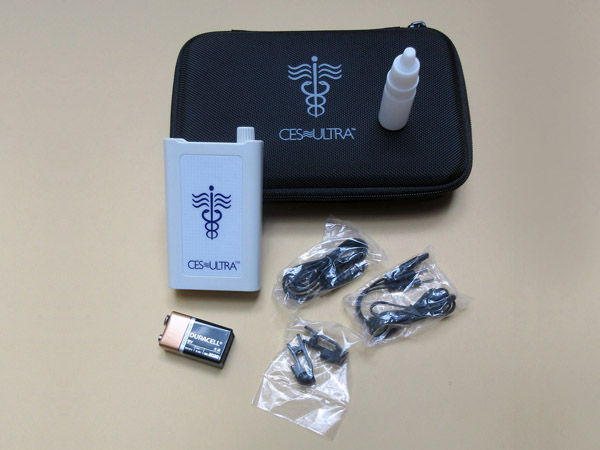For a public increasingly concerned with the effects of stress on physical health and emotional well being, CES (cranial electrotherapy stimulation) provides a way of addressing that stress in a safe and effective manner. CES is not only for those with a diagnosed...







